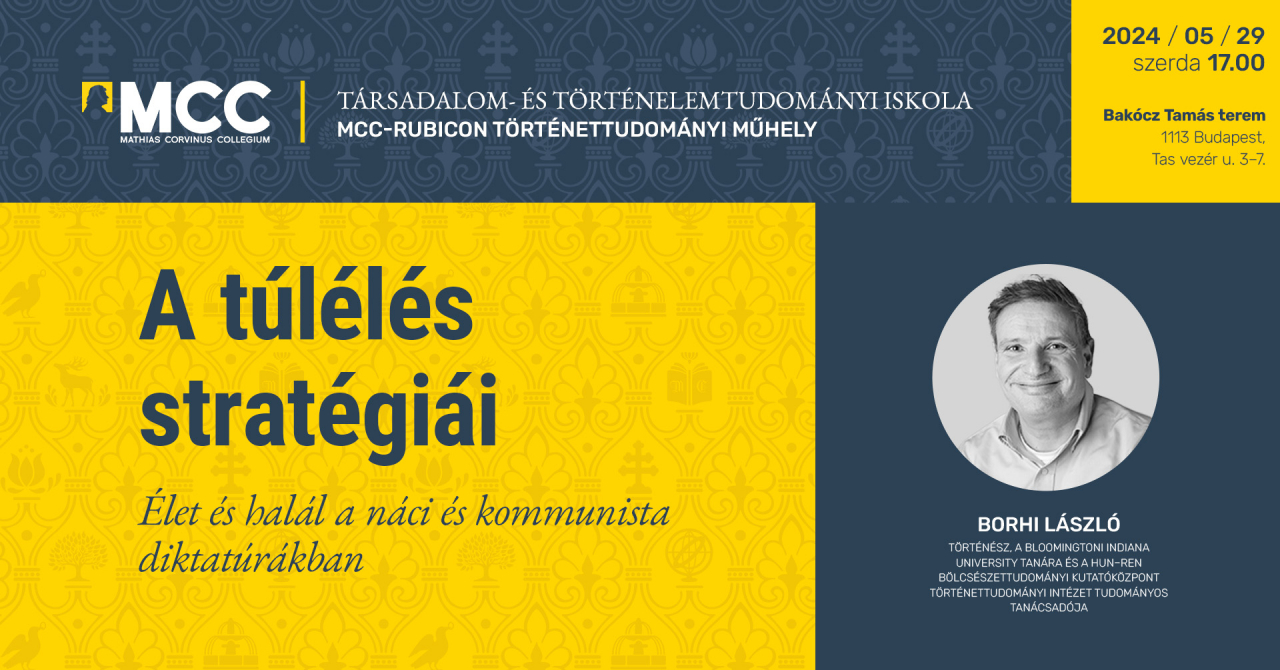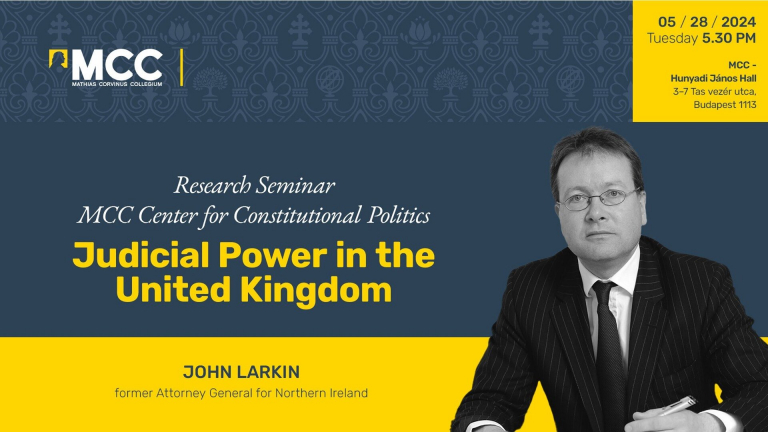László Borhi's book "Strategies of Survival" examines the relationship between the individual and power in the terrorist terrain of Nazism and Stalinism. Through the experience of ordinary people, it seeks to shed light on the mechanisms of oppression and terror and the human relations between the three main sites under study - the Nazi camps, the Budapest of the Arrow Cross Party terror and the Hungary of Mátyás Rákosi - a slice of the history of these societies. It attempts to capture the most enduring experience of the authoritarian regimes of the twentieth century: fear and anxiety. It describes the strategies chosen by ordinary people, men and women, children and the elderly, to survive under conditions of unusual pressure. Survival is used in the broadest sense of the word. Survival is not only self-preservation in the biological sense, but also the preservation of economic, social status, human dignity or even the need to live one's life as one once did. His conclusion is that history is not governed by invisible structures but by people capable of both infinite cruelty and selfless goodness, and that even in the most difficult circumstances it was possible to stand up for the good.
--------
MCC students can receive credit for attending the research seminar, but only if they read through the required literature and prepare five relevant questions for the Q&A session of the event.
Questions related to the compulsory reading must be sent to Kálmán Pócza (pocza.kalman@mcc.hu) and Máté Gali (gali.mate@mcc.hu) by 23:00 on 26 May at the latest.
Required reading: László Borhi: Strategies of Survival - Life and Death in Nazi and Communist Dictatorships. Budapest, 2022, ELKH BTK TTI.
Invited speaker: László Borhi (historian, professor at Indiana University, Bloomington, and research advisor at the Institute of History, HUN-REN Humanities Research Centre)
Event language: Hungarian


